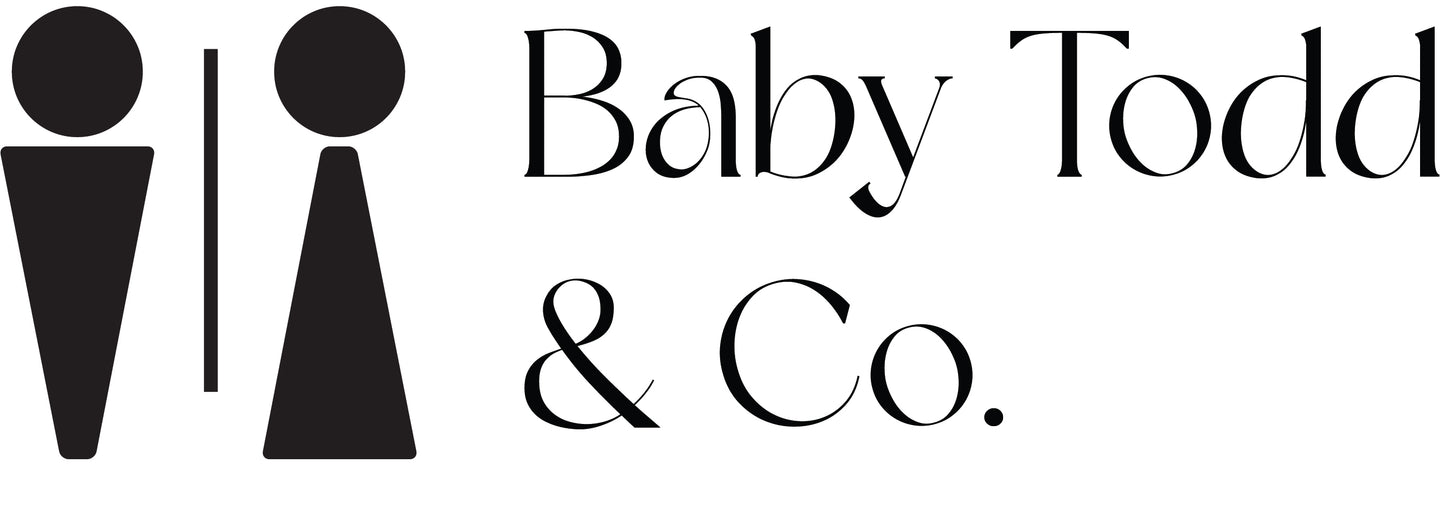Steroid Treatment Withdrawal, also known as Topical Steroid Withdrawal (TSW), is a deeply painful and often misunderstood condition that occurs after the prolonged use of corticosteroids, commonly prescribed for skin conditions like eczema. For many, these medications offer temporary relief. However, when discontinued after long-term use, they can trigger devastating rebound symptoms — raw, burning, inflamed skin, extreme sensitivity, and a complete breakdown of the skin’s protective barrier.
One family’s journey highlights just how life-altering TSW can be. Chelsea and her family from Adelaide in South Australia, are preparing to access specialist treatment for daughter, Arabella in Thailand. Arabella has suffered from topical steroid withdrawal since birth and has battled through early childhood in severe discomfort. At times, Arabella’s skin has been so fragile that the only clothing she can tolerate against her skin is super-soft and tagless bamboo. Everyday tasks like getting dressed, sleeping, or even hugging can cause her extreme discomfort.

For Chelsea, finding suitable clothing for her daughter during this incredibly difficult time was a major challenge. Bamboo clothing — known for its softness, breathability, and hypoallergenic properties — is not widely available. Fortunately, Chelsea discovered Baby Todd & Co., children’s eczema clothing that specialises in tagless, buttery-soft basics made from bamboo. The relief she felt knowing her daughter could wear something without exacerbating her pain was immeasurable.
Chelsea’s family is not alone in their struggle. In Thailand, there is a growing community of families from all over the world seeking similar treatment for their children battling TSW.
You can follow Chelsea and Arabella’s journey, with dad Daniel and siblings Camilla and Paxton on Instagram as they seek to improve her skin condition in Thailand.
https://www.instagram.com/_babytalktime/
As you may appreciate, steroid withdrawal is not only physically agonising; it takes a severe emotional and psychological toll. Families are forced to make enormous sacrifices — including relocating to entirely different countries — just to access the care they need. In many parts of the world, awareness of TSW remains low among both the general public and healthcare providers. Misdiagnoses, delayed recognition of symptoms, and inappropriate advice to continue steroid use often exacerbate the condition, leading to longer recovery times and increased suffering.
The reality is that better management strategies are desperately needed. Clear clinical guidelines, earlier identification of at-risk patients, and a stronger focus on steroid-sparing treatment options could drastically improve outcomes. Patients and families also need better access to practical support resources — from specialist dermatology care to essentials like appropriate clothing — to help them manage the gruelling day-to-day realities of recovery.
Chelsea’s story and Arabella’s experience is a stark reminder of the gaps that currently exist in TSW care in Australia. Arabella’s resilience, and the lengths her family is willing to go to for her healing, demonstrate the urgent need for greater awareness and research into safer, more effective skin treatments.
No family should have to uproot their lives simply to find relief from a condition triggered by a common medical treatment. By bringing stories like Arabella’s into the light, we hope to help drive change, foster understanding, and push for better clinical outcomes for all those affected by topical steroid withdrawal.
We wish Arabella all the love and courage in the world as she takes her next giant step in her healing journey.
For more information on eczema, TSW and other skin condtions for families in Australia, we recommend 'Eczema Support Australia':
https://www.eczemasupport.org.au/

Other useful organisations include the London based group, the 'National Eczema Society' or the US based 'National Eczema Association' both of whom have useful resources:


